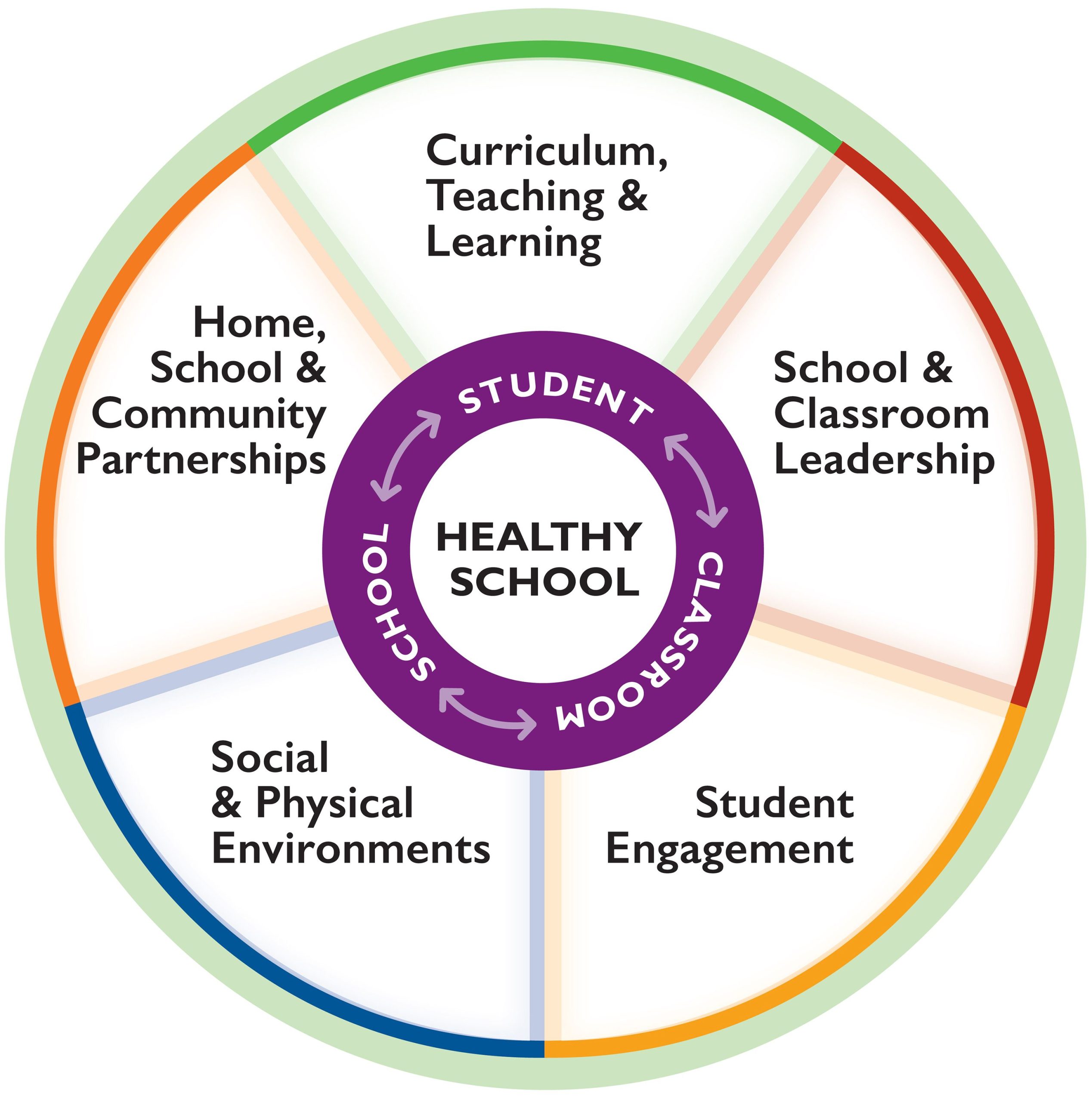Education
Cognitive Learning Domains in Italian Education

Cognitive Learning Domains in Italian Education
The process of teaching in Italy includes instructors creating and delivering classes. The three (3) learning domains of cognitive (thinking), affective (emotions or feeling), and psychomotor (physical or kinesthetic) need to be attained, hence it is crucial for instructors to make sure of this. It is crucial to recognize that various types of students have different requirements, and that different approaches must be used when designing and delivering classes to meet those needs.
The degree of complexity in the learning domain of cognitive processes:
There are a number of crucial things to remember about difficulty levels.
Higher levels are often more complicated; however, this is not always the case. Higher levels may also be more challenging. For instance, a student’s ability to compose a song might be low (sing any tune, for example) or high (e.g., incorporate a full orchestra).
Levels build on one another: Without knowledge of and comprehension of the pieces, there is no material to examine. Although levels often build on one another, pupils may begin and finish levels at higher tasks sooner. To grasp the chemistry of cooking, for instance, allow students to prepare a souffle first, then examine what went well and wrong. This combines numerous levels.
Variety of levels: Students won’t gain well-rounded abilities if all learning objectives are at the same level. While a higher-level course could put more of an emphasis on assessment and invention, an entry-level course might only ask students to recall, comprehend, and apply principles.
Scaffolding: With the right scaffolding, beginning pupils may practice more difficult degrees of complexity. You may set restrictions on the amount of pages, characters, setting, etc. when asking pupils to write a short tale, for instance.
The cognitive skills: Your brain’s memory, reasoning, ability to focus, problem-solving, reading comprehension, and learning processes all depend on your cognitive talents. Your cognitive talents aid in the processing of new information by transferring it to the proper parts of your brain. Your brain employs cognitive abilities to obtain and apply that knowledge later when you need it.
By strengthening your cognitive abilities, you enable your brain to carry out this process more quickly and effectively while also ensuring that you comprehend and correctly digest new information.
Cognitive abilities aid you in the job by assisting you in interpreting data, recalling team objectives, paying attention during crucial meetings, and more. In order to work more productively, you may use these talents to remember earlier knowledge that may be relevant to the objectives of your business and to draw meaningful connections between earlier and more recent information.
How to strengthen cognitive abilities: You may perform better in practically every part of your career by strengthening your cognitive abilities. Enhancing your ability to pay attention will not only help you remain on task but will also make you a more engaged listener, which will enhance your interpersonal interactions. Developing your logical and analytical thinking abilities may also assist you in coming up with original answers to complex problems.
Here are some techniques for improving your cognitive abilities:
Reduced tension
Be kind to your body.
Train your concentration.
Work your brain.
Reduce stress: Lowering your stress levels may increase your ability to concentrate and hold someone’s attention. If you can, try to get away from tense circumstances. If you are unable to go away, consider engaging in stress-relieving hobbies. You may take a little stroll around your desk at work or, if it’s feasible, put on some headphones and listen to music to help you concentrate. Consider scheduling some time for yoga or exercise at home.
By finding a peaceful spot to sit, paying attention to your breathing, and being attentive of your thoughts, you may also lessen stress with simple meditation practices. These stress-reduction techniques may help you focus more clearly and develop cognitive abilities connected to attention.
Take care of your body: Keeping your body healthy might help you think more clearly. You may enhance your attention-related skills and perform better at work by drinking plenty of water, eating a balanced diet, and obtaining at least seven hours of sleep each night. Since sleep aids in memory organization and storage, getting enough sleep may also significantly boost your memory.
By deliberately concentrating your mind throughout the day, you may actively enhance your capacity for both attention and memory. Find techniques to eliminate distractions while at work and test your ability to concentrate for an extended period of time. If your job permits it, this can include putting your smartphone in a drawer or donning headphones.
By using additional senses, you may also increase attention. Read aloud a customer’s worry while you’re at work, or at home, try reading a poem or a favorite chapter aloud many times to help you memorize it.
Exercise your brain: Just like any other muscle, there are exercises that focus on and exercise certain brain regions, enhancing the corresponding cognitive abilities.
The bottom line
The cognitive domains of learning should be included into teaching methods and curricula in Italy, according to the article “The Cognitive Domains of Learning, Italy Education.”
The paper went on to define cognitive domain, define its categories, describe its degrees of complexity, and describe how to enhance cognitive domain throughout the learning process.








